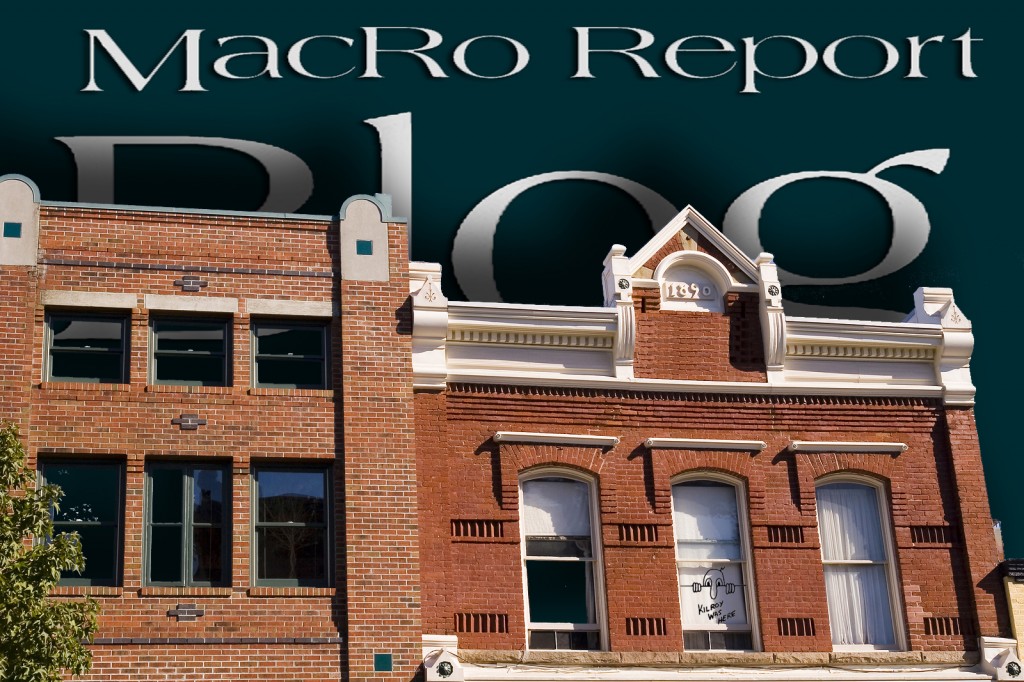The Proverbial Dilemma In An Uncertain Real Estate Market

I thought I’d kick off this commercial real estate blog with a universal question that I get from clients and friends all the time: “Is this a good time to sell my property?”
The Alignment of Goals and Needs
Before the question is answered, it is important to know the goals, needs and desires of the client. This is where I spend a lot of time dissecting the circumstances so as to make sure that we have alignment.
The goals must realistically reflect current and forecasted market conditions; and needs, sometimes being more pressing, may heavily influence one’s goals.
Simple Case Study
Let’s take the case of someone who has owned for many years an under performing older commercial/investment property that has highly-appreciated over the years with no debt and no real basis. Like it or not, he has retirement staring him in the face. His original goal was to find a high-paying tenant and generate for himself a nice net income stream for the long term. But in this market that vision is not reality. Rental rates for comparable properties have dropped to the point that the prospects are bleak for achievement in the near future.
The property produces little to no revenue and barely covers the annual costs of taxes, insurance and maintenance. With minimal other personal income sources, there is a strong need to turn this equity into a revenue stream, but the value has dropped considerably in the last couple of years. He says that he is not in a rush and can wait a year or three to see if the market will push the property value and/or rental rates back up.
So we’ve got to do something with the property within 36 months – sell, exchange, or find a high-paying tenant are just a few options to consider. For simplicity’s sake and for various reasons we will rule out the last two options (but I will discuss these in future posts).
What Does the Future Hold?
Here’s where we look into the crystal ball and take a stab at where the local investment real estate market may be going. A couple of things we know: Government spending on a national level has been high, so we may have higher inflation – which in and of itself for this property may be a good thing. But offsetting that is the high likelihood that long-term capital gains taxes will also increase.
Looking back on the recovery from the recession of the early 90’s, history shows that it took nearly ten years for values of similar properties to fully recover from their lows. This has been a deeper and more severe economic fall, and it is not real clear in this case whether real estate values have leveled off or are still falling. So a recovery in value for this commercial investment property could take much longer than my client’s timeline will allow.
Weighing the Risks
Now that we’ve considered the current circumstances and made an educated guess at future economic conditions, we have to look at the risks and possible rewards of acting now verses waiting.
In this case it came down to expecting that long-term capital gains taxes will likely increase by as much as 5% next year. And for a highly-appreciated asset with no real basis, that could be another 5% right off the net sale price.
So the question for the owner is how much is he willing to wait and gamble that real estate values will increase enough to give him a significantly better return after the offsetting increase in taxes?
Answer was that he is not in a financial position to gamble, so the decision was to get the best we can in this market and target a closing before the end of this year. His next step will be to work with his financial advisor to develop a smart reinvestment strategy to meet his retirement needs.
Conclusion
Real estate market conditions will always set a framework from which to work, but more often than not the personal goals and needs of the individual will dictate the final decision “2 Sell or Not 2 Sell.”
The author: Rocky Mackintosh, President, MacRo, Ltd., a Land and Commercial Real Estate firm based in Frederick, Maryland.
